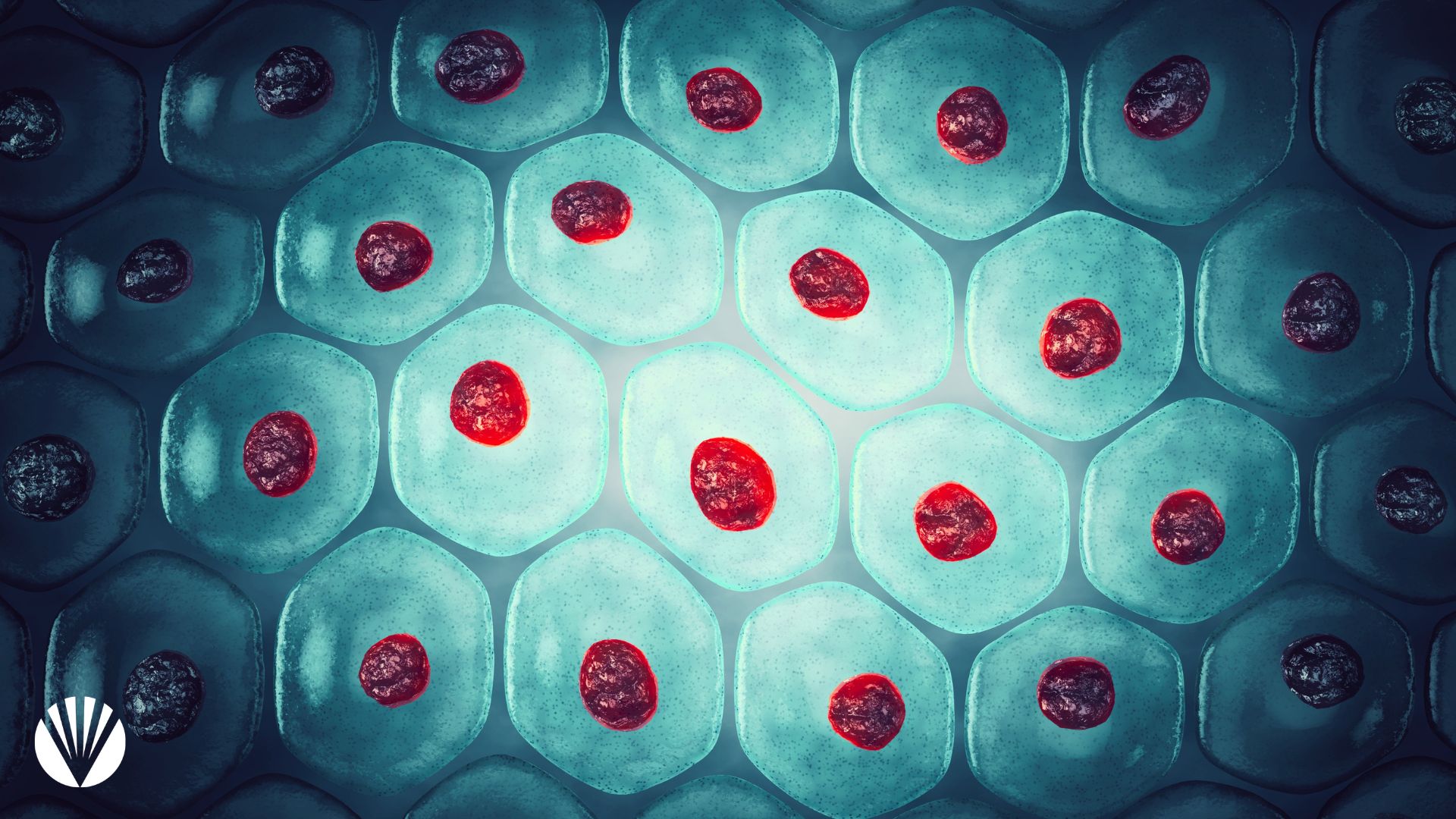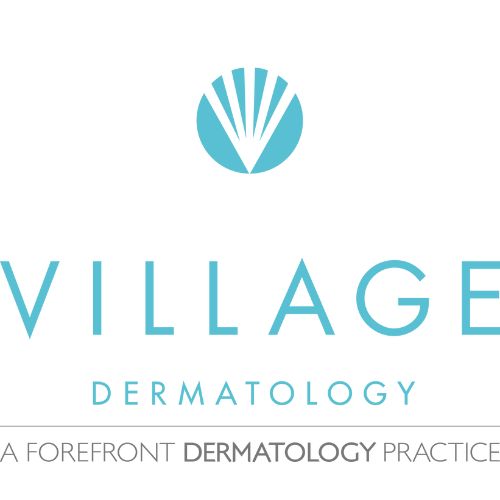What is our skin barrier?
Our skin barrier is the outermost layer of the skin, known as the stratum corneum. It acts as a physical and chemical barrier that helps to protect the body from the external environment. The stratum corneum is made up of dead skin cells that have been pushed to the skin’s surface and lipids (fats) produced by the skin cells. These lipids, which include ceramides, cholesterol, and fatty acids, form a barrier that helps to retain moisture in the skin and protect it from harmful substances such as bacteria and pollutants.
The skin barrier also plays an important role in regulating temperature, blood flow, and sensation. It also helps to prevent water loss from the body, which is essential for maintaining hydration and preventing dry skin.
Damage to the skin barrier can occur due to several factors, such as exposure to UV radiation, harsh soaps and detergents, extreme temperatures, and certain medical conditions. When the barrier is damaged, it can lead to a variety of skin issues, such as dryness, itching, redness, and inflammation.

Why is it important to protect your skin barrier?
The skin barrier plays a vital role in keeping the skin healthy and functioning properly. When working correctly, it helps protect the skin from harmful external factors and maintain hydration, which is essential for keeping the skin looking and feeling smooth, soft, and supple.
Protecting your skin barrier is essential because when it is damaged, it can lead to a number of skin issues, such as dryness, itching, redness, and inflammation. These problems can be unsightly and uncomfortable and, if left untreated, can potentially lead to more severe skin conditions such as eczema and psoriasis.
Damage to the skin barrier can also make the skin more vulnerable to environmental toxins and pollutants, increasing the risk of skin cancer and other diseases. Furthermore, a damaged skin barrier can cause moisture loss and can lead to wrinkles, fine lines, and other signs of aging
A healthy skin barrier is vital to overall skin health, and protecting it can help to prevent many skin problems and to maintain the skin’s overall health and appearance.
Winter Weather and Your Skin Barrier
Winter weather can have a significant impact on the health and appearance of your skin. The combination of cold temperatures, low humidity, and harsh winds can cause dryness, irritation, and damage to the skin barrier. Understanding these effects and taking the proper precautions can help you keep your skin healthy and looking its best throughout the winter months.
It is essential to keep the skin moisturized and protected from the elements to maintain a healthy skin barrier during the winter months. A good quality moisturizer can help provide the skin with the lipids it needs to retain moisture and protect it from the elements. Look for a moisturizer containing ingredients such as ceramides, cholesterol, and fatty acids, which are all critical skin barrier components.
Tips for Protecting Your Skin Barrier
Here are some tips for protecting your skin barrier:
- Use gentle, non-irritating skincare products: Many skincare products contain harsh ingredients that can strip the skin of its natural oils and damage the skin barrier. To protect your skin barrier, choose products specifically formulated for sensitive skin and free of irritants such as fragrances, alcohol, and parabens.
- Apply sunscreen daily: The sun’s ultraviolet (UV) rays can damage the skin barrier, increasing the risk of skin cancer and premature aging. Applying a zinc-based sunscreen with at least SPF 30 daily, even on cloudy days, can help protect your skin barrier and keep it healthy.
- Avoid excessive heat and cold: Extreme temperatures can damage the skin barrier and leave it dry, itchy, and irritated. To protect your skin barrier, avoid exposing your skin to excessive heat and cold, and be sure to moisturize after spending time in air-conditioning or heating.
- Keep the skin hydrated: Drinking plenty of water and using a moisturizer can help to keep the skin hydrated and protect the skin barrier. When choosing a moisturizer, look for products containing ingredients such as ceramides and hyaluronic acid, which are known to boost the skin’s moisture and restore the barrier.
- Avoid excessive scrubbing or exfoliation: Over-exfoliation can damage the skin barrier, causing dryness, irritation, and redness. Instead of scrubbing the skin, try using a gentle exfoliant or chemical peel to remove dead skin cells.
- Quit smoking and limit alcohol consumption: Smoking and excessive alcohol consumption can damage the skin barrier and contribute to aging. Avoiding or limiting these habits can help to protect your skin barrier and keep it healthy.
- Eat a healthy diet: Eating a diet rich in fruits, vegetables, and essential fatty acids can provide important nutrients for skin health and protect the skin barrier. Omega-3 fatty acids, in particular, are known to be beneficial for the skin and can be found in foods such as salmon, flaxseed, and chia seeds.

